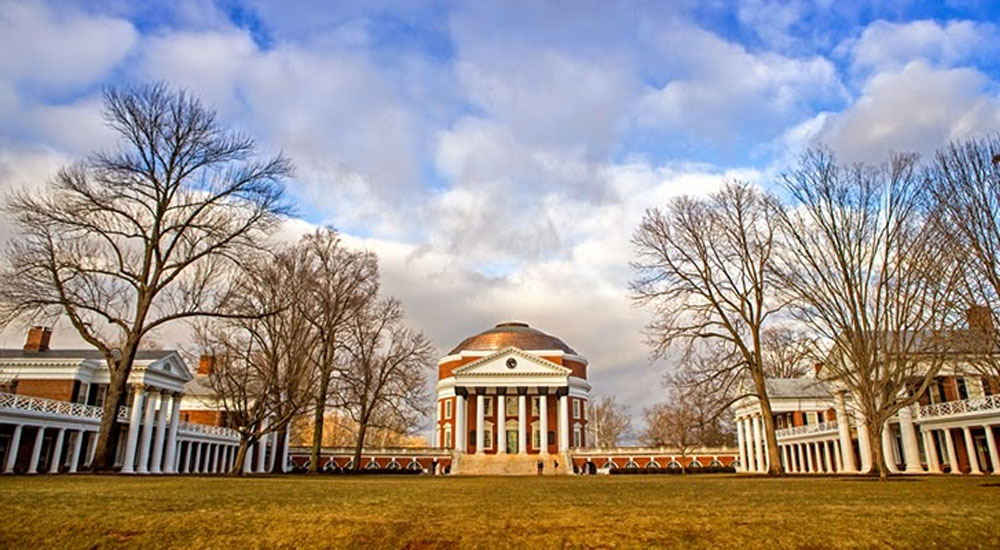Virginia students who graduated from public four-year schools in the 2020-2021 academic year had on average $30,000 in debt, for a total of $357 million in the commonwealth, the Joint Legislative Audit and Review Commission found in a review of financial aid.
“We found that financial aid has not kept pace with rising costs and students’ declining ability to pay, causing substantial unmet need for students,” JLARC Principal Legislative Analyst Lauren Axselle told commission legislators on Monday. “Several state grant requirements prevent needy students from accessing state aid and increased financial aid staff’s workload. Having separate state grant programs causes confusion among students. Students with similar financial need receive different state grant awards, and some grants are awarded to students with comparatively less need.”
“And finally, Virginia should more effectively target limited state grant funding to the neediest students,” she said.
The JLARC study found that state financial aid grants went up 47 percent in the past 10 years, and tuition and fees went up 33 percent, but at the same time, families have less money to spend on higher education creating more unmet financial need for students, who turn to debt. Additionally, the report found that students at institutions with less stringent admissions rules, including historically black colleges and universities, had almost three-quarter of the total unmet need in 2020-2021. The study found a total $163 million in unmet need across 2020-2021 undergraduate students.
Virginia has two financial aid grant programs that provide most state financial aid: the Virginia Guaranteed Assistance Program (VGAP), and the Virginia Commonwealth Award Program. The average VGAP award in 2020-2021 was $5,964, and the average Commonwealth Award was $3,769. VGAP has additional requirements, including continuous full-time enrollment and advancing a full class level yearly, a minimum high school GPA of 2.5, and a minimum college GPA of 2.0.
The JLARC report said those requirements led to over half of students receiving VGAP losing eligibility in 2020-2021, and two percent of graduates had high school GPAs that made them ineligible for the program.
“These requirements are contrary to subject matter experts’ recommendations to minimize financial aid grant eligibility criteria and are administratively burdensome for financial aid staff,” JLARC said.
The report includes several recommendations to improve the administrative efficiency and ease of access for students, and target financial aid toward the most needy students.
JLARC said the general assembly should combine VGAP and the Commonwealth Program into one program, should allow students enrolled in at least six credit hours to receive grants, and should change grant academic standards to match individual school’s requirements. JLARC also said state financial aid should be calculated after the federal Pell Grant is already applied.
Additionally, JLARC recommended that legislators should “Amend the Code of Virginia to prioritize state financial aid grants for students with the most financial need, either by (i) establishing a financial aid awarding schedule for state grants that would be used uniformly by all institutions or (ii) restricting institutions from awarding state grants to students with a higher ability to pay for higher education costs.”
Legislators can also consider allowing financial aid provided through institutional programs like endowments to be factored into state financial aid decisions, and legislators could require the State Council of Higher Education for Virginia (SCHEV) to create a universal financial aid schedule for all schools or restrict schools from granting aid to students with higher ability to pay.
SCHEV Director Peter Blake spoke after Axselle, and said the council agrees with many of the concerns in the JLARC report and recommendations to consolidate the grant programs and create greater transparency.
“We particularly support the recommendations that would streamline and simplify state aid. Doing so will make it easier to explain and open doors to more Virginians,” Blake said.
“We would ask for some flexibility as we explore alternatives that provide a simpler award model and that addresses the needs of low-income families regardless of where they are enrolled,” he said.
****************************************************
Eric Burk is a reporter at The Virginia Star and The Star News Network. This article originally appeared in The Virginia Star. The opinions expressed in this article are those of the author and do not necessarily reflect the positions of The Republican Standard. Republished with permission.

